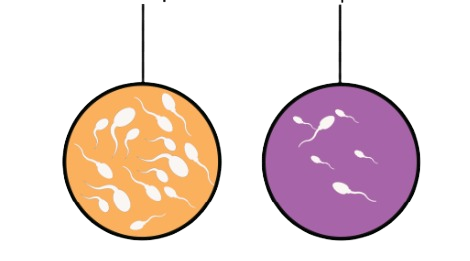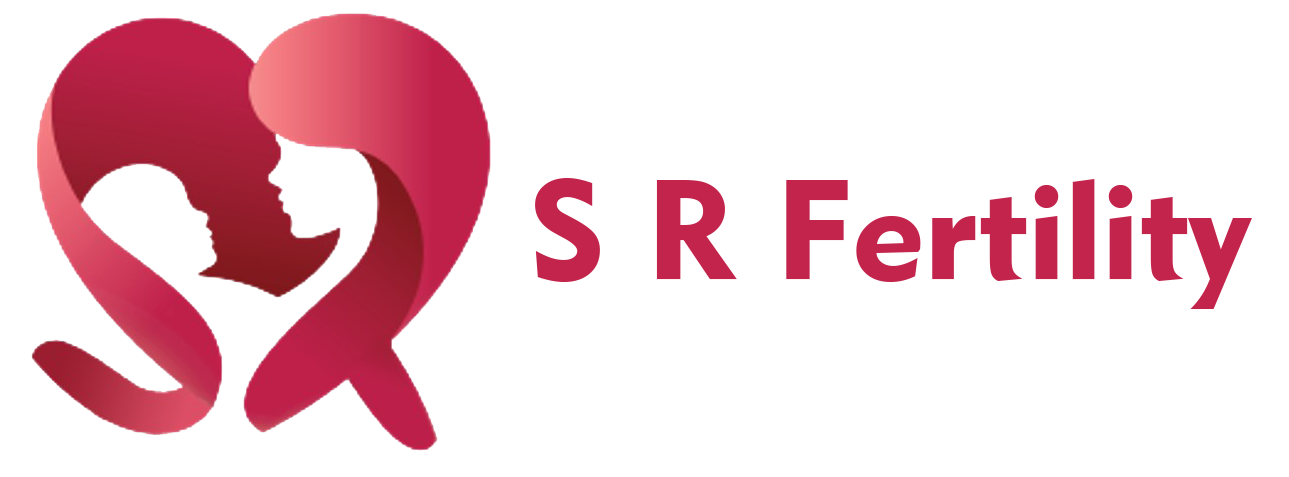
Introduction AID For Azoo Spermia
Azoospermia is a condition in which there is no sperm present in a man’s semen, which can make it difficult or impossible to conceive a child through natural means. However, with the help of assisted reproductive technologies (ART), such as AID (artificial insemination by donor), couples with azoospermia can still have a chance of conceiving. The SR Fertility Clinic in Delhi-NCR is one of the best fertility clinics in the region, providing high-quality AID services for couples with azoospermia.
AID involves the use of donor sperm to fertilize the woman’s egg. The donor sperm is carefully screened and tested for genetic diseases and other health concerns, ensuring that only healthy sperm is used for the procedure.

Healthy Diet Chart to Improve Of Azoospermia
Eat a Balanced Diet:
Consume a variety of fruits, vegetables, whole grains, lean proteins, and healthy fats to ensure you get a wide range of essential nutrients.
Maintain a Healthy Weight:
Being overweight or underweight can affect hormone levels and sperm production. Aim for a healthy weight through a balanced diet and regular exercise.
Stay Hydrated:
Drink plenty of water to stay well-hydrated, as dehydration can affect semen volume.
Include Antioxidant-Rich Foods:
Antioxidants help protect sperm from damage. Include foods high in antioxidants such as berries, citrus fruits, nuts, and green leafy vegetables in your diet.
Omega-3 Fatty Acids:
Include sources of omega-3 fatty acids like fatty fish (salmon, mackerel), flaxseeds, chia seeds, and walnuts, as they may support sperm health.
Zinc-Rich Foods:
Zinc is essential for sperm production. Foods high in zinc include lean meats, poultry, seafood, beans, nuts, and whole grains.
Folate:
Folate is important for DNA synthesis and sperm production. You can find folate in foods like leafy greens, citrus fruits, and fortified cereals.
Reduce Processed Foods and Sugars:
High intake of processed foods, sugary beverages, and trans fats may negatively impact overall health, including reproductive health. Minimize these in your diet.
Limit Alcohol and Caffeine:
Excessive alcohol and caffeine intake can disrupt hormone levels and sperm production. Limit your consumption of these substances.
Avoid Smoking and Recreational Drugs:
Smoking and drug use can harm sperm quality and overall reproductive health. Quitting these habits is crucial.
Adequate Protein:
Ensure you get enough high-quality protein from sources like lean meats, fish, poultry, tofu, and legumes.

